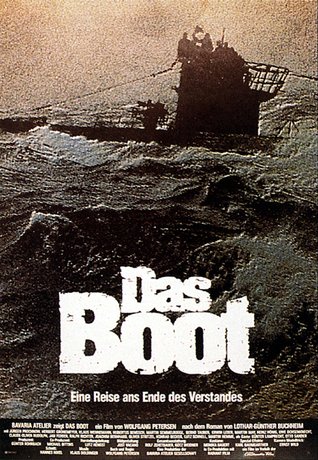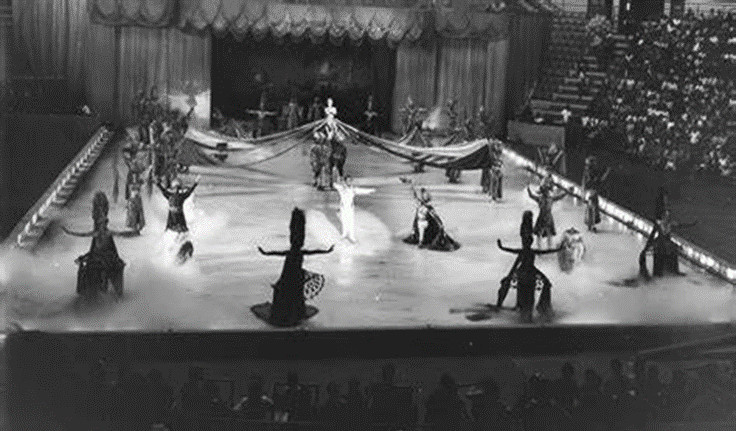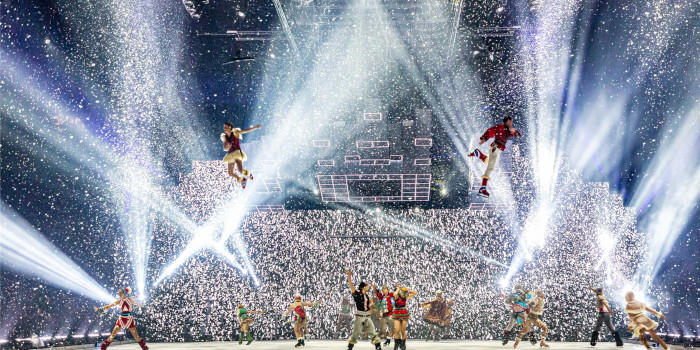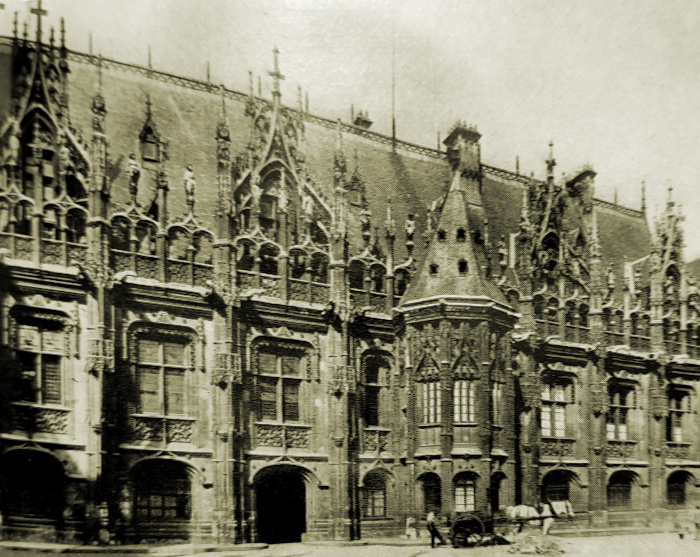Jingle bells, Jingle bells – can we sing in a time of war? – the war between Russia and – who? – who else than the very culture which is responsible for this song?

I once heard a story about a young man in England at the time of World War 2. He had for some reason been exempted from military service and instead he lived a high-profile, “dandy” life in London. He was talking with two women. Not without anger one of the women asked if the man should not rather have been at the front „fighting for our civilization“, as she put it, „like other young men?“ „Dear ladies“, said the non-soldier, „I am the very civilization they are fighting for!“
Although somewhat cheeky, I think the young man was right. I have also heard another story, about a Norwegian military officer, who got it wrong. The officer was positioned outside occupied Norway during the war and worked in a relatively safe place in England. At a party, his wife wanted to dance with him. But the man said no. He would not dance while other men were dying at the front, he said. Sadly, the officer, prompted by political intrigue, later killed himself. There is no direct connection to his non-dancing, of course, but you are more resistant to the evils of life if you grab every opportunity to enjoy it!
More of the same
A holiday is about loosening up the discipline of everyday life, isn’t it? Writing about holiday and in the mood of Christmas, I shall now permit myself a free association and jump to “Holiday on Ice”.
But I shall use this well-known, American pop-culture show as an example. And what the show shall exemplify is a dead serious principle. Starting with an economic theory I shall procced to how the principle applies to culture.
In economics, the principle is called „diminishing marginal utility“. This means that once you already have much of what you desire, getting some extra on top of that, is only a little bit useful. The most obvious example would be food of a given quality. If you are already satisfied, more food is not useful at all (or even harmful). Another example would be transport. Say, you happily travel to and from your work with your old bicycle. A better bike may be more comfortable, but the extra utility achieved by a better bike is lower than the utility you achieved earlier by having a bike at all.
Moving from food and transport to culture, a similar effect is in play.

Comparing the old and newer versions of Holiday on Ice, you may say that the shift to a colour photo is progress. But is the artistic quality of the later performance higher?

Artwork of the fortnight
Adding and adding again, sooner or later, you reach a point of exhaustion. This also applies to high culture. Below you see the „last“ work of gothic architecture, as observed by the art historian E. H. Gombrich.

Like there is no moment in the 21st-century version of the ice show which is not saturated with conspicuous artistry (even „flying“ skaters), so there is no surface in the gothic building which is not covered with characteristic arches and tracery. The next step “had to be” renaissance simplicity.
With what are we then saturated in our time, if anything? IF ANYTHING – that’s exactly the question! We are saturated with nothing – emptiness. The next step has to be something.

See also: January – rest
Schreibe einen Kommentar